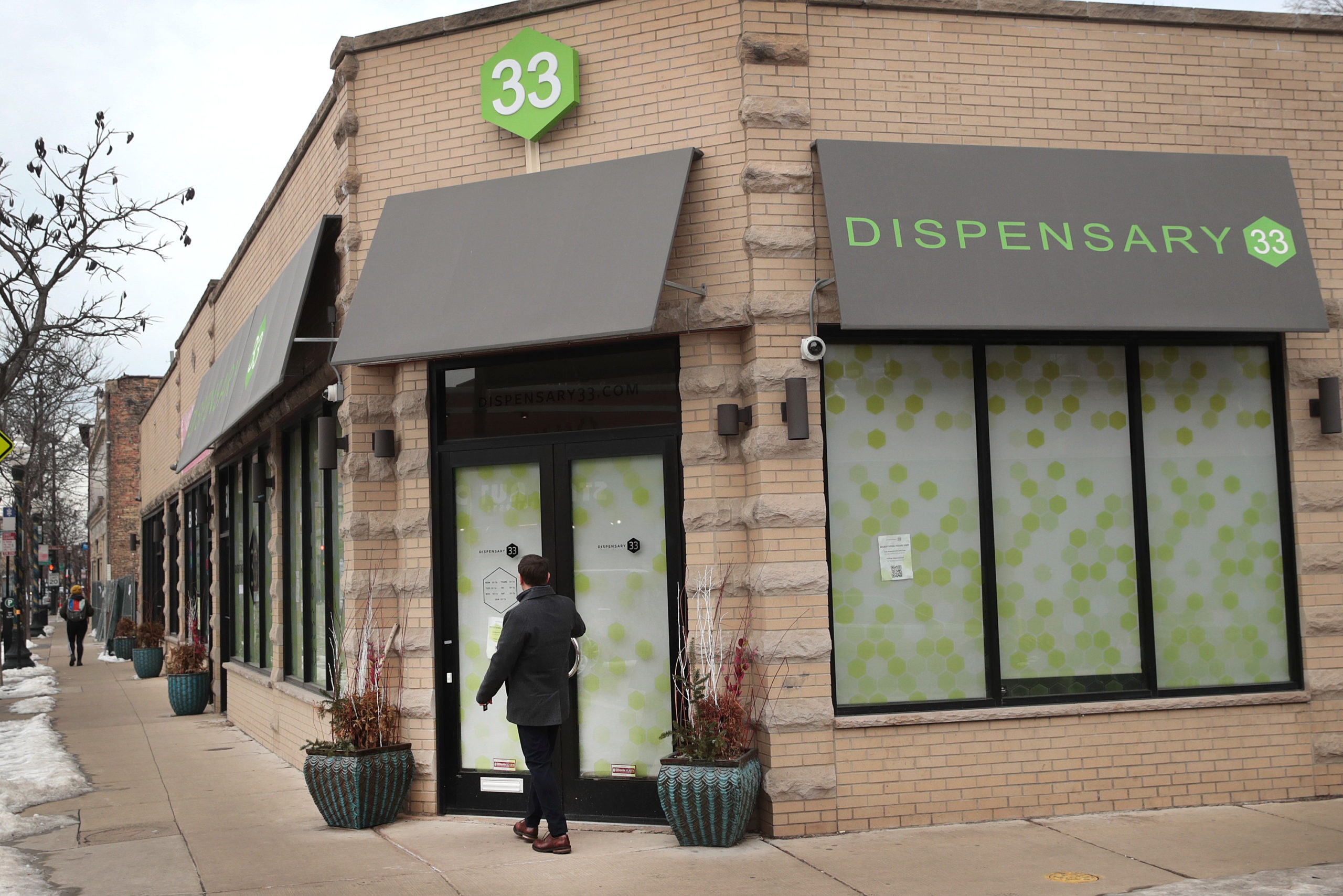States Should Legalize Marijuana
The Point New Jersey Governor Phil Murphy recently signed a bill making New Jersey the 14th state to legalize marijuana. Other states should follow suit. Marijuana shouldn’t be used to lock people up or hold people back: States must ensure that no one is arrested or incarcerated for possessing or selling marijuana. For decades, the […]

The Point
New Jersey Governor Phil Murphy recently signed a bill making New Jersey the 14th state to legalize marijuana. Other states should follow suit.
Marijuana shouldn’t be used to lock people up or hold people back:
- States must ensure that no one is arrested or incarcerated for possessing or selling marijuana. For decades, the criminalization of marijuana has derailed lives, separated families, and harmed communities. Each year, billions of dollars are spent on marijuana enforcement and incarceration, which produces no clear benefits but increases instability and creates barriers to safety.
- Legislation to legalize should include expungement of past criminal convictions for marijuana use and sale. Past convictions can keep people from securing housing, employment, education, and the right to vote. To ensure broad access to expungement, the process should be cost-free and automatic.
- States should reinvest the tax revenue created by marijuana legalization into communities disproportionately harmed by the failed War on Drugs, and should follow the lead of Virginia, Illinois, and Massachusetts by including social equity provisions in the bills to ensure access to and inclusion in the new industry. As Sharone Mitchell, Jr., Director of the Illinois Justice Project, explained to The Appeal Political Report, “We know from our experience with medical marijuana that the rich got richer, and the folks that had a lot of access to capital were able to take advantage of that: We want to make sure that a more diverse set of people are benefiting from the industry, whether they be owners, whether they be people who are working in auxiliary industries like packaging or design.”
- More than 100 million people now live in states with legalized marijuana. Only 14 states have not legalized the use of marijuana in some way. And more than 60% of likely voters support the legalization of marijuana at the federal level.
Legalization can mitigate the harms of yesterday while helping people today:
- Legalization is a matter of racial justice. Black people are arrested for marijuana offenses at nearly four times the rate of white people, despite similar rates of usage. That means Black people are more likely to suffer the devastating consequences of a drug conviction.
- Legalization can help states navigate the crushing economic impact of COVID-19. In states like New York, the cannabis industry is estimated to create up to $300 million in annual tax revenue, which surrounding states that don’t legalize risk losing to their neighbors.
- The pandemic wiped out millions of jobs; legalization can create new ones. The marijuana industry presently employs four times more workers than the coal industry.
Dive Deeper
- New Jersey Could Force Cuomo’s Hand on Pot Legalization. The New York governor has released a plan to legalize marijuana, months after voters in the Garden State approved legalization in November. Advocates say the pressure could have ripple effects regionally.
- Pennsylvania Governor Calls for Marijuana Legalization to Cover COVID-10 Budget Shortfall. Tom Wolf said Tuesday that legalizing and taxing recreational use of marijuana could help solve fiscal woes that arose from the pandemic, and address long-standing racial injustices.
- Advocates Make Case for How Marijuana Legalization Should Tackle Equity. Efforts to legalize marijuana gained momentum in 2018, when new Democratic governors and legislators were swept into office on such a platform and Michiganders approved legalization in a referendum. But state advocates are demanding that politicians who are preparing legalization legislation be more attentive than in the past to confronting the harm that prohibition has caused.
- Voter Support for Federal Marijuana Reform Remains Strong. Polling conducted by The Justice Collaborative Institute & Data for Progress shows that the majority of likely voters want the federal government to legalize marijuana.

